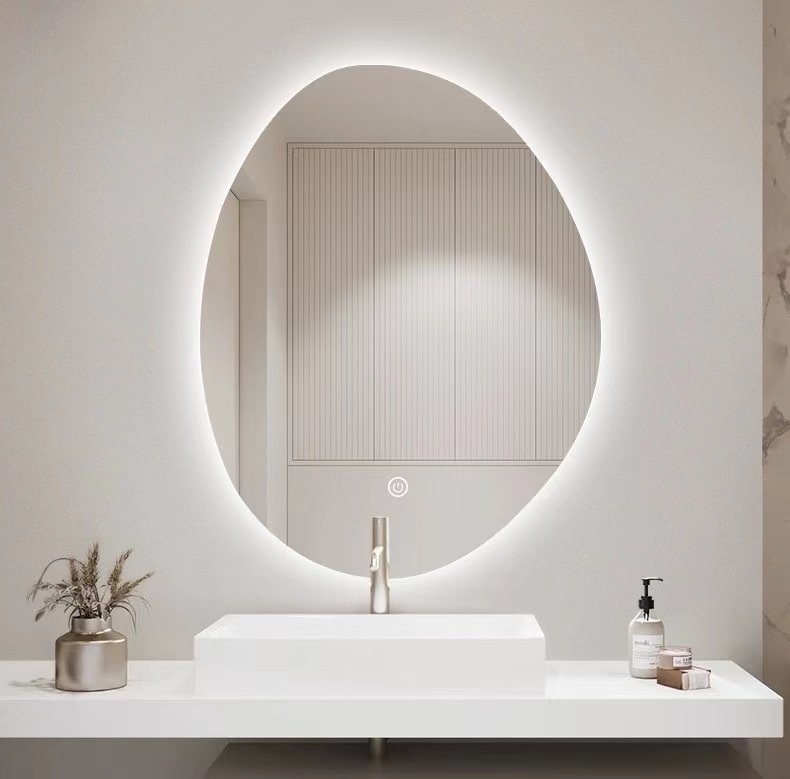In the modern architecture realm, float glass stands as a prominent material celebrated for its clarity, versatility, and expansive scope of application. Floating glass, a type of sheet glass made by floating molten glass on a bed of molten tin, offers an exceptional blend of aesthetic appeal and functional performance. This article delves into the profound attributes of float glass, offering insights into purchasing considerations and the expertise one must discern when navigating its marketplace.

Float glass manifests a seamless, optical clarity that architects and designers herald for its ability to enhance visual transparency while ensuring substantial structural stability. This particular form of glass, known for its flat and flawless character, is crucial in both residential and commercial applications. Whether it’s used for constructing majestic glass facades, crafting modern interior partitions, or incorporating elegant glass staircase railings, float glass elevates structural elegance with unmatched precision.
Purchasing float glass necessitates an understanding of its specific features and the manufacturing processes involved. An essential consideration for buyers is the glass thickness, which ranges typically from 2mm to 19mm. The intended application dictates the appropriate thickness, ensuring both safety and durability. For instance, while thinner glass may be suitable for picture frames and delicate glassware, thicker variants are imperative for building façades and aquarium construction to withstand external pressures.

The types of float glass available in the market further extend its utility. Clear float glass, known for its neutral tint and superior transparency, is perfect for applications where maximum light transmittance is desired. On the contrary, tinted float glass, infused with color during the manufacturing phase, can reduce sun glare and contribute to energy efficiency by minimizing cooling requirements within a building. Also noteworthy is reflective float glass, which incorporates a thin metallic coating to reflect light, thus enhancing privacy while reducing solar heat gain.
float glass for sale
Engaging with authorized and reputed suppliers is crucial to ensure the authenticity and quality of float glass purchases. Trusted vendors often provide certification attesting to compliance with safety and quality standards such as ISO 9001 or EN 12150. These certifications serve as a benchmark for product performance, offering buyers assurance in their investment. Collaboration with professionals who wield both experience and expertise in glass manufacturing promises insightful guidance on custom needs and facilitates access to innovative solutions like custom cuts, edges, and finishes.
Investment in float glass is also about longevity and performance assurance. Suppliers who extend warranties and post-purchase services potentially increase product trustworthiness. Such offerings typically encompass assistance with installation, maintenance advice, and product replacement in the event of defects—a critical resource that reinforces a sense of reliability and customer satisfaction.
Sustainability is an emerging priority in the float glass sector. The production and application of float glass must align with eco-friendly practices. Scrutinizing the environmental policies of suppliers can guide buyers towards more sustainable purchases. Float glass is recyclable, and a commitment from manufacturers to utilize recycled materials and reduce carbon footprints adds a layer of trustworthiness to their offerings.
In conclusion, float glass remains a cornerstone of modern aesthetics and functionality, with its purchase and application steeped in nuanced knowledge and expertise. Careful consideration of product specifications, supplier credentials, and sustainability initiatives not only ensures a sound investment but also elevates the architectural integrity of any project. For anyone keen on integrating float glass into their design repertoire, aligning purchase decisions with both expert guidance and sustainability principles is paramount to reaping its myriad benefits. As the architectural landscape continues to evolve, the pivotal role of float glass as a transformative material remains indisputable.



